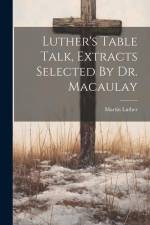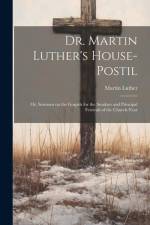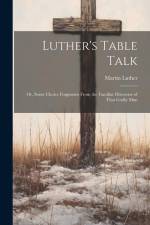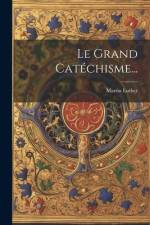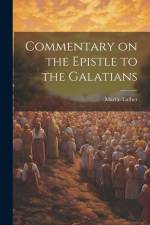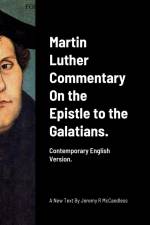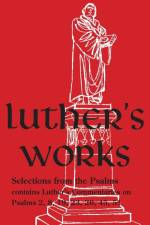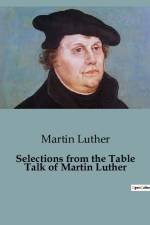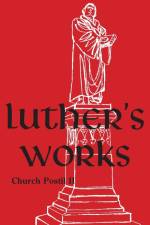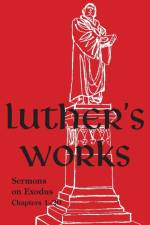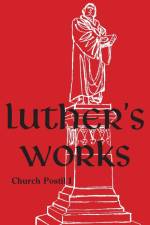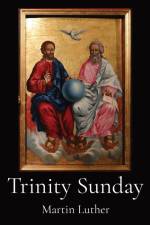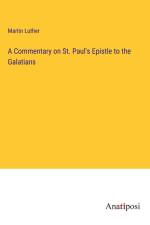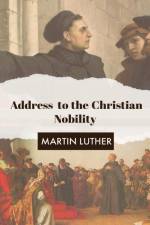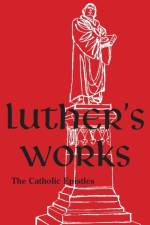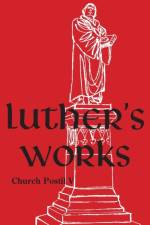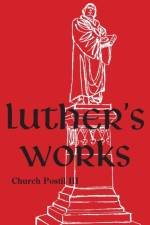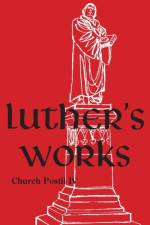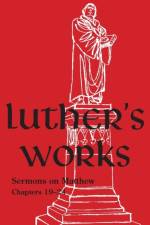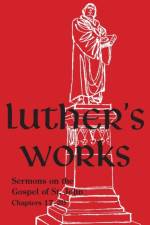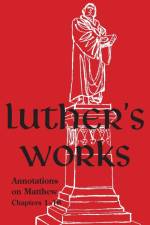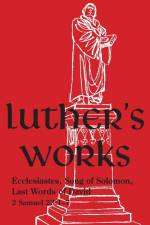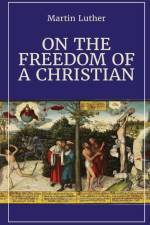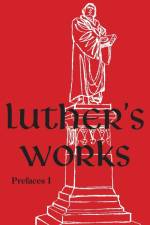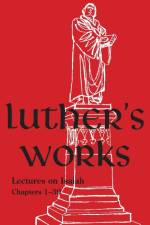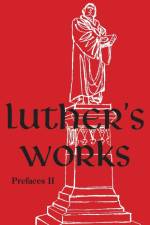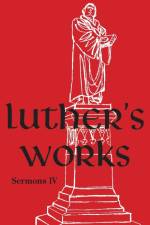av Martin Luther
1 339,-
About this Volume"Upon reflection, it is obvious that a preface by Martin Luther would be a much sought-after addition to any volume coming out of his wing of the Reformation. Fortunately, not only for the authors who merited one of these paratexts, but for modern scholars as well, the reformer did take on the mantle of a 'writer of prefaces.' The results, collected in volumes 59 and 60 of Luther's Works, are strongly recommended reading for Reformation scholars, especially for those interested in his thoughts, activities, and acquaintances as well as his reading list during the quarter century after the Diet of Worms (1521), as he and many for whom he wrote prefaces were engaged in building the Lutheran church." -Andrew Villalon, in Sixteenth Century Journal 44, no. 3 (2013): 849.Never before in English, this volume presents Luther's prefaces from 1520-32 for the writings of both colleagues and opponents. In Luther's day, the preface was sometimes the most important part of the book. The preface used the most beautiful of language to praise the author, his work, and his arguments-and to decry his opponents. Publishers knew that having Luther's preface brought instant fame to any book.Some of Luther's prefaces are short, witty, and incisive; others are as long as treatises, with thorough discussions of important theology. Satirical, earnest, tender, combative-in his prefaces Luther is all these things. Over and over, Luther calls his readers to remember why the Reformation was needed, and not to take it for granted.About the SeriesThe twenty planned new volumes are intended to reflect both modern and sixteenth-century interests and to expand the coverage of genres underrepresented in the existing volumes, such as Luther's sermons and disputations. The primary basis for the translation is the comprehensive Weimar edition.

